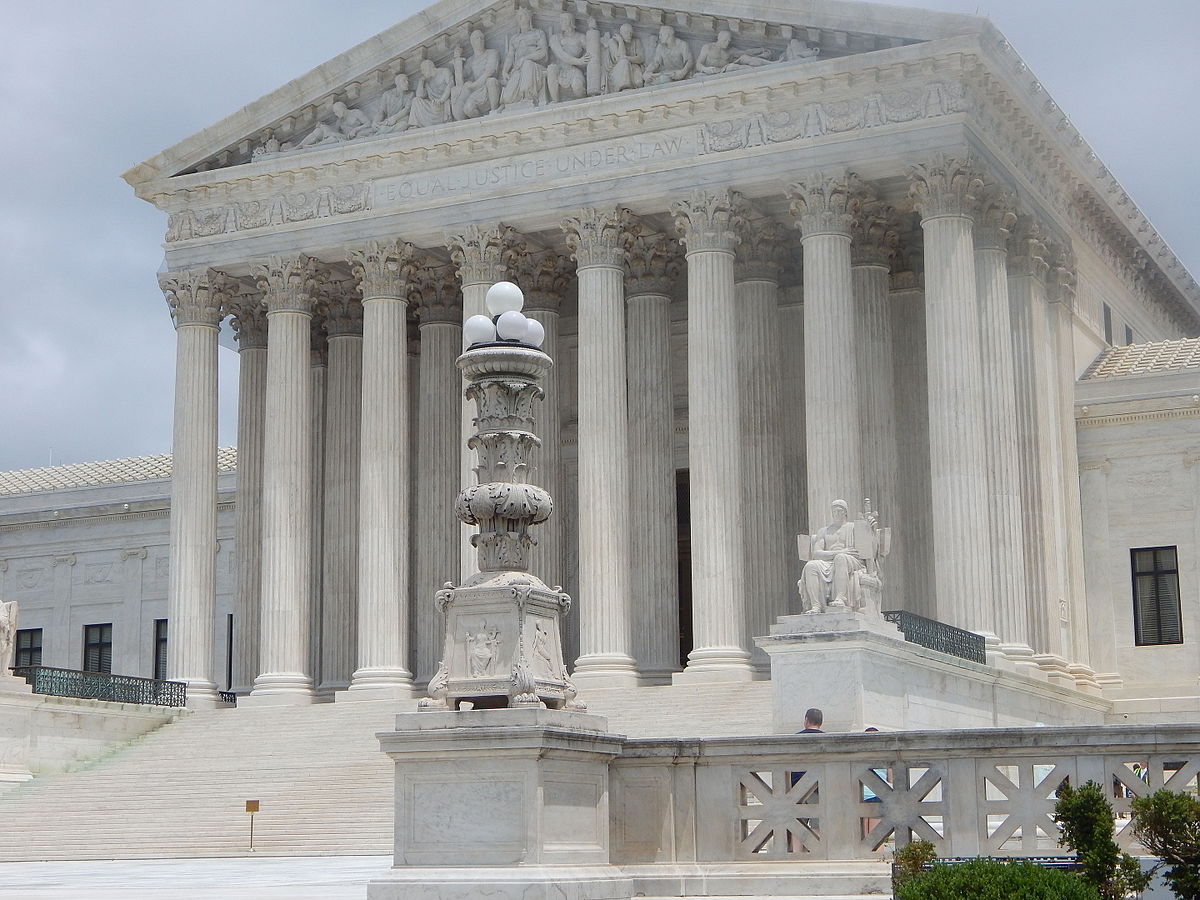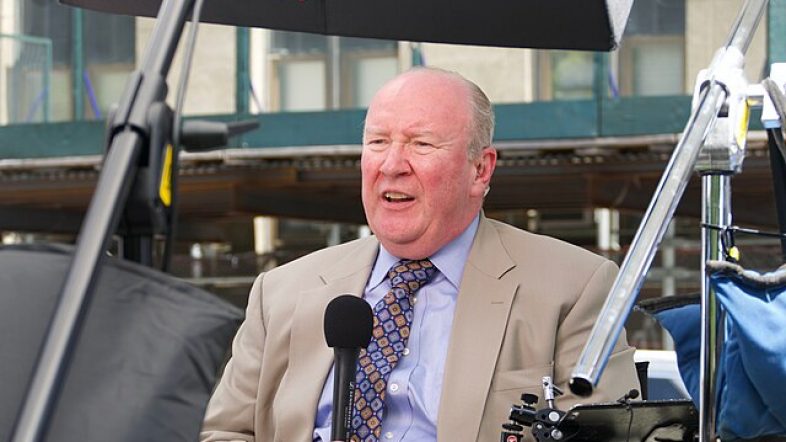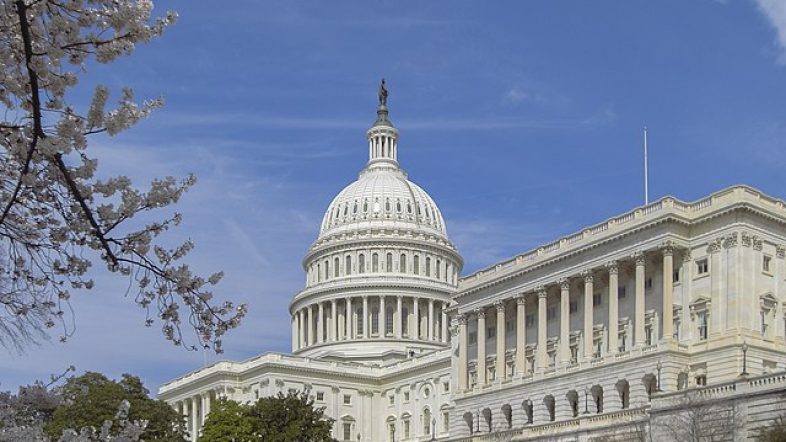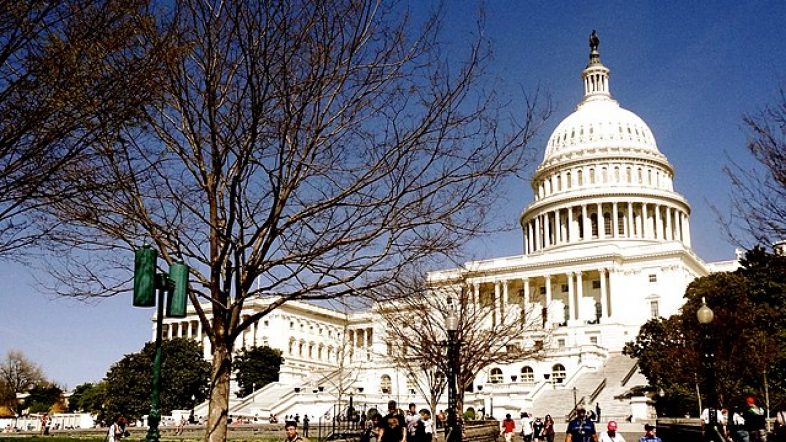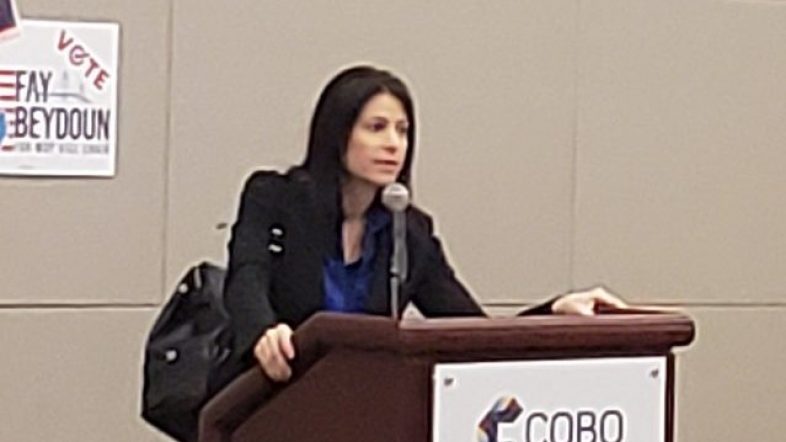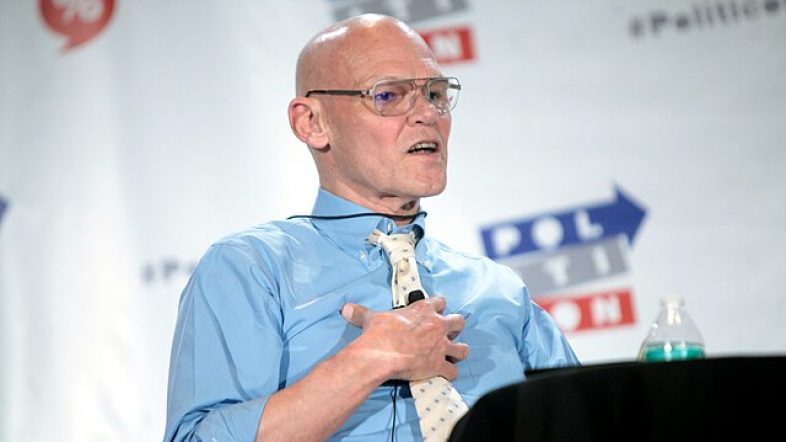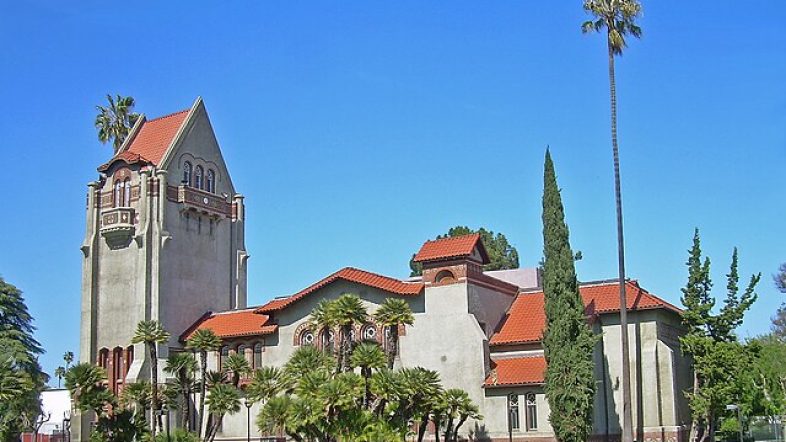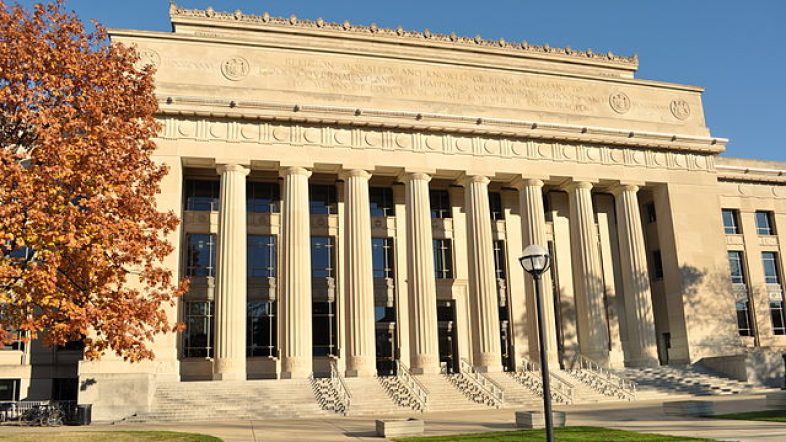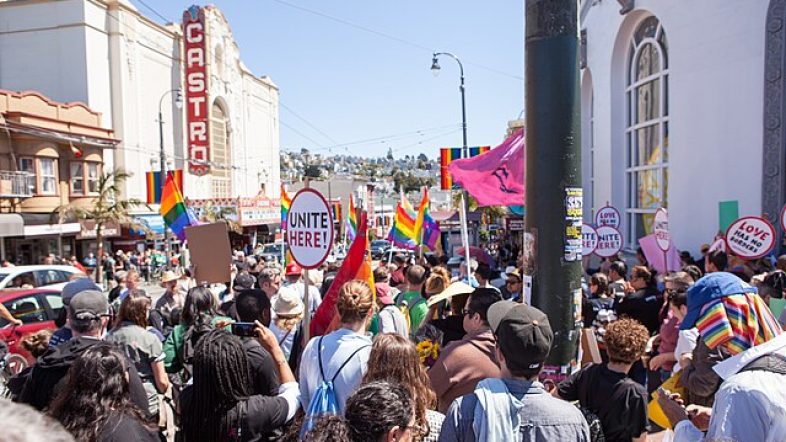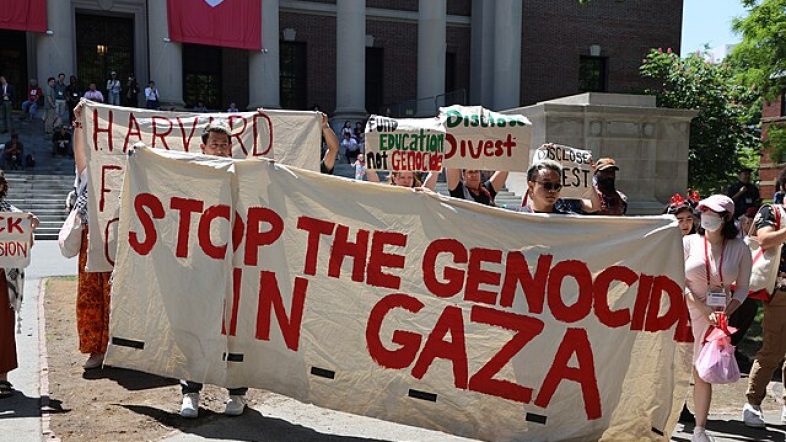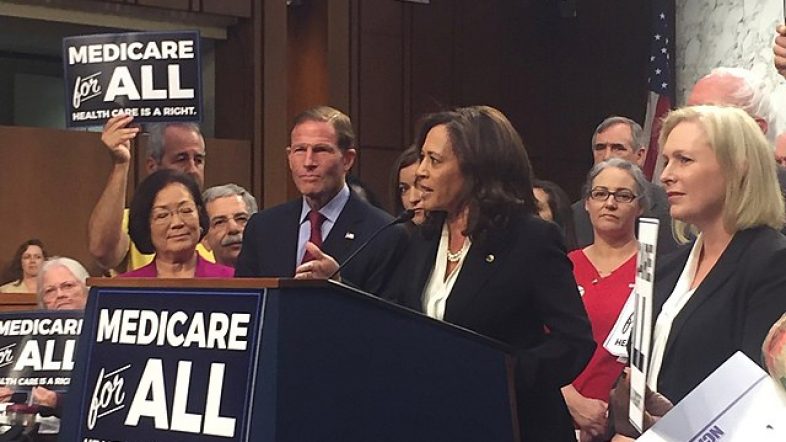Last week, California released the final report of its Task Force to Study and Develop Reparation Proposals for African Americans with more than 100 recommendations.
Like every ill-conceived virtue-signaling dreamchild conceived by California’s ultra-progressive legislature, the task force boasts that the report is both a “first-in-the-nation effort” and “only a start.”
We know that Blacks generally have substantially fewer assets than whites. The question is: What do we do about it? Expand opportunities or mandate results?
Opportunities need not apply.
The report relies on premises that ought to give citizens pause.
First, that Black Americans are entitled to compensation — without having to establish personal injury — because they are Black.
Years after the end of slavery and Jim Crow, Black Californians will be judged by the color of their skin to qualify for cash or services — still unclear which or how much — because they are presumed disadvantaged.
Fortunately, after the U.S. Supreme Court’s recent ruling that affirmative action is unconstitutional, Golden State reparations appear doomed.
By even toying with the idea, Gov. Gavin Newsom and fellow California Democrats are creating a wedge issue that likely won’t become law but definitely will further divide the country.
Another problem: If the task force’s approach prevails, the statute of limitations is dead. In recent years, the #MeToo movement pushed elected officials to peel back the statute of limitations, even though it is a protection that shields the innocent from having to refute accusations too moldy to disprove and the guilty from behavior that may have occurred nearly a lifetime ago.
The document calls for added punishment for the sins of generations ago, while it seeks to ease the penalties for crime today.
The draft proposes ending cash bail and eliminating back child-support debt. (Is protecting deadbeat parents good for Black children? I don’t think so.)
California voters don’t count. Recommendations include repealing Proposition 209, the popular 1996 ballot measure that banned racial-preferences at state universities.
The task force also wants to abolish the death penalty, even though Californians repeatedly have supported capital punishment at the ballot box.
The report has a good eye for policy wrongs that have disproportionately burdened the Black community, such as the war on drugs, eminent domain and redlining.
Great. But the way to fight prosecutorial overreach, real-estate power grabs and discriminatory credit policies is not to write checks or hand out services to Americans by race, as opposed to need.
It remains unclear how much a reparations package would cost taxpayers if the legislature passes a measure and Newsom signs it. The report seems deliberately vague.
The task force recommends “more data and research are required to calculate the just amount of reparations, to be augmented over time with additional payments as new evidence becomes available.”
A down payment with additional payments? There is no end in sight.
In 2003, former Supreme Court Justice Sandra Day O’Connor famously wrote, “The court expects that 25 years from now, the use of racial preferences will no longer be necessary to further the interest approved today.”
With this report, Californians learn that perhaps they should expect decades more of race-based mandates — because they don’t work, but Sacramento progressives can’t quit.
It’s like a bad sci-fi movie where our future selves have to travel back in time in order to mine resources necessary to survive.
And they have to keep going back.
Debra J. Saunders is a fellow at the Discovery Institute’s Chapman Center for Citizen Leadership. Contact her at [email protected].
COPYRIGHT 2023 CREATORS.COM

